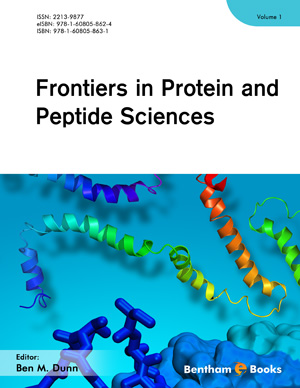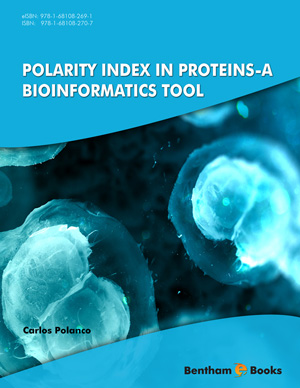Abstract
Proteome deals with complete set of proteins, expressed by a genome of a cell present inside of an organism at a specific time period. It includes expression study, information of modifications in proteins, interactions with other protein biomolecules, etc. The goal of proteomics is to know new protein information, whether a protein is over expressed or under expressed in specific situation and overall gives information of its effect on an organism. Thousands of proteins can be examined at a time as compared to other methodologies. Many advanced technologies have been evolved to investigate proteome in depth and generate a huge amount of data. The most common high throughput techniques such as polyacrylamide & agarose gel electrophoresis and their advanced versions in combination with mass spectrometry are being used in modern proteomics. The study of microbial proteome data helps us to know how bacteria get resistant to particular drug and which biomolecules are involved in that process. Database also gives the opportunity to develop better drugs that target new places on bacterial surface or new drugs on the same target. The advancement of proteomics technique and their applications in microbial research has granted a new hope to explore disease biomarkers and the development of diagnostic assays. Microbial protein's benefits are extensively used in the agricultural sector. Proteomics profiling has a key role in disease identification in humans and animals. Thanks to protein information as new targets are identified and more safer and effective drugs are produced.
Keywords: 2D PAGE, Biomarker discovery, Dairy processing, DeCyder, DIGE, Gel electrophoresis, IEF, Microbial proteomics, SDD-AGE, SDS-PAGE, Proteome, Tricine.











